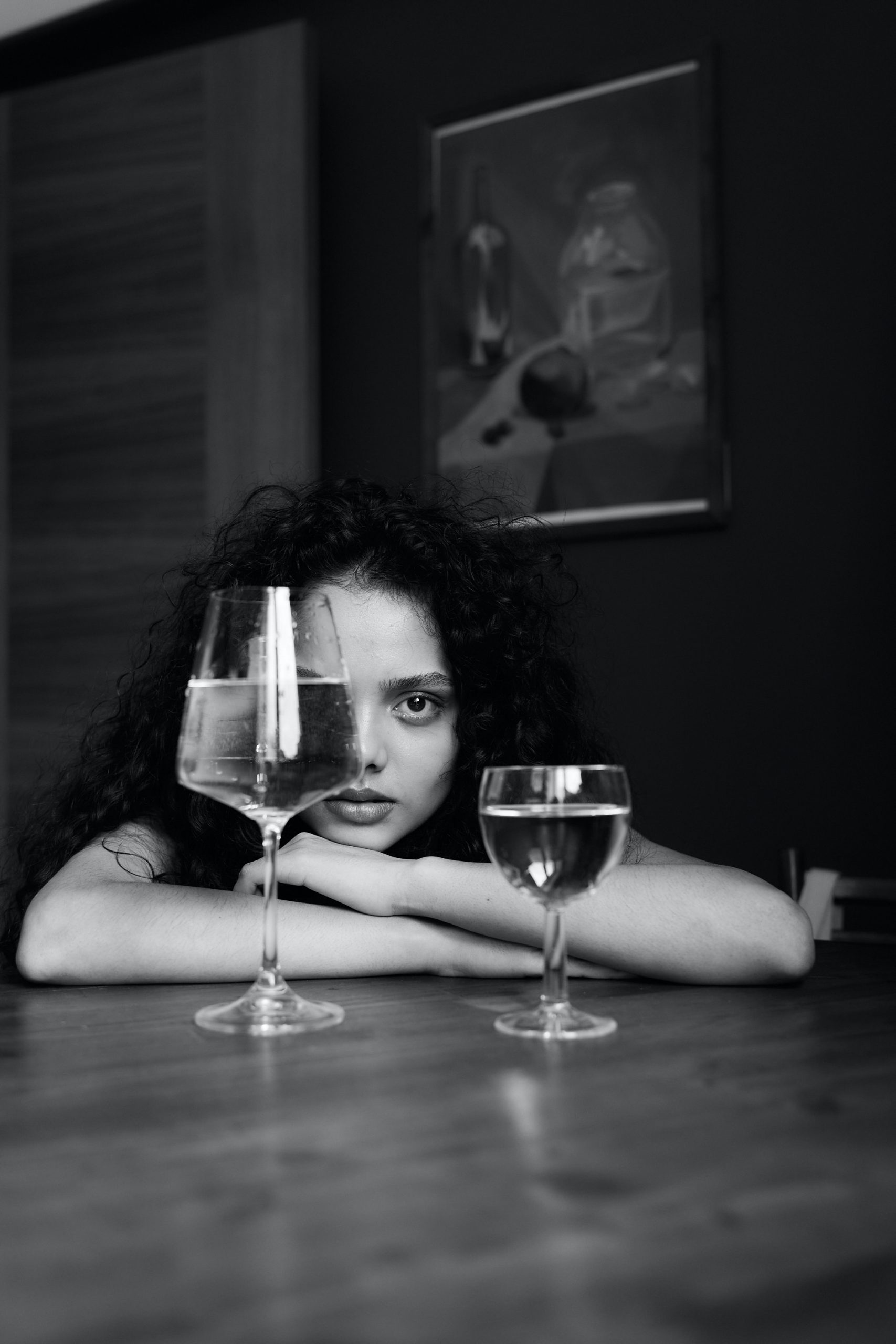A Disease or a Social Trend that Nearly Killed Me
When we grow up in a society that celebrates and mourns similarly, we tend to lose sight of what is right and what is not—mindfulness becomes blurred behind a veil of repression.
I had my first sip at a family gathering, but frankly, I cannot remember how it tasted then or how it felt. See, I lived most of my life on automatic, zombie mode—hiding from past traumas and issues, and repressing most of my thoughts and feelings.
When I graduated high school, I was allowed to attend my first party where I had a real cocktail (note: in Beirut, the legal age for drinking is 18, not 21). I danced to the music and thought I had enjoyed it before it was time for Cinderella to go home before midnight. Fast forward to college, dating, metal concerts, and breakups, I’d always run to booze to drown my sorrow. I’d drink beer like a Viking and boast about it. Up to that stage, I would still use the term “occasional drinker.”
The occasional drinking escalated when I started working at a pub after graduating from college, losing my first real job, having issues at home, and breaking off an engagement. If you still think pop media does not affect young minds, think again. “Coyote Ugly” came out, and I literally lived the movie. I would drink every night and outdrink men, thinking that having high tolerance is a good sign. Also, the more problems occurred at home, the more I drank.
When I quit working night shift and went back to living a semi-normal life, working in the fashion world, I’d snap at my mother for calling me an alcoholic because I considered that addiction meant drinking during the day and I’ve never ever done that. I did not want to admit that binge-drinking and horrible hangovers are addictions too. We tend to give ourselves excuses when we want something so bad.
However, it hit me hard when I almost lost my life. During that period, my best friend and I started working hard and partying even harder, every single weekend. I recall having a minor infection that required taking antibiotics, but my birthday was coming up and I was to celebrate it with my so-called friends, partying. I put on a sexy red dress, my best friend picked me up, my sister and her best friend joined us, and we all went to the street pub where I booked a table for 12 people, including the guy I was seeing. I was supposed to have a light beer, be happy, then go home.
When nobody showed up and the guy called to tell me that he couldn’t make it because he did not want to ruin his diet, I lost it. After my sister and her best friend had left, I sat at the bar, drank, and cried silently. Then it was time to go home, so I gave the waiter the credit card and lied on the sidewalk, trying to remember the card PIN.
People do not get the title “best friend” because they hit it off and spend good times together—she paid, picked me up, and drove me home. Like many other nights before, she would stop the car because I was either throwing up or bawling, talking through tears and snot about my dead father who, back then, I would never mention when sober. What people do not know is that alcohol and unresolved trauma do not go well together.
What happened afterward that night still gives me the shivers. My mother and my sister were shouting and crying as my mouth foamed before I blacked out. How I made it alive will always remain a mystery to me.
I vowed to quit after that incident, but I found myself socially drinking shortly afterward. I would say that I will only have one drink, knowing that I won’t be able to stop at that. I would set a goal for a month or two, I would tick every alcohol-free day victoriously, then after the challenge is done, I’d go back to binge-drink myself to death.
Other than causing weight gain, low self-esteem, and a low immunity, alcohol triggered my anxiety, depression, and panic attacks. It blurred my mind, decreased my productivity, blocked my creativity, and nearly got me killed.
On March 21st, 2020, I had what I still call a spiritual epiphany—an experience like no other. It was so beautiful, yet so overwhelming, but it changed me forever. On March 23rd, I went cold turkey after years of struggling, and I haven’t even touched a drink ever since. In April, after less than a month, I submitted my first article after three years of not being able to write a word, and today, I am celebrating my first anniversary of sobriety by doing the thing that makes me feel alive the most—writing.
Quitting cold turkey worked for me. It might not work for others, but something else will certainly work.
Whatever it is, please find it because we all deserve to live this life happily, healthily, mindfully, and mostly, fully.
~







Read 52 comments and reply